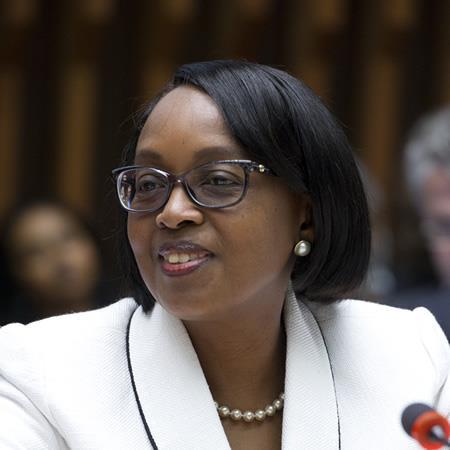The World Health Organisation Regional Office for Africa (WHO/AFRO) announced on Monday, April 24, 2017 in Brazzaville, Republic of the Congo, that Ghana, Kenya and Malawi will take part in a WHO-coordinated malaria vaccine implementation programme (MVIP) that will make the world’s first malaria vaccine available in selected areas, beginning in 2018.

The injectable vaccine, RTS,S, was developed to protect young children from the most deadly form of malaria caused by Plasmodium falciparum. RTS,S will be assessed in the pilot programme as a complementary malaria control tool that could potentially be added to the core package of WHO-recommended measures for malaria prevention.
“The prospect of a malaria vaccine is great news. Information gathered in the pilot programme will help us make decisions on the wider use of this vaccine,” said Dr Matshidiso Moeti, WHO Regional Director for Africa. “Combined with existing malaria interventions, such a vaccine would have the potential to save tens of thousands of lives in Africa,” she added.
Africa bears the greatest burden of malaria worldwide. Global efforts in the last 15 years have led to a 62 percent reduction in malaria deaths between 2000 and 2015, yet approximately 429,000 people died of the disease in 2015, the majority of them young children in Africa.
The WHO pilot programme will assess whether the vaccine’s protective effect in children aged five to 17 months old during Phase 3 testing can be replicated in real-life. Specifically, the pilot programme will assess the feasibility of delivering the required four doses of RTS,S, the vaccine’s potential role in reducing childhood deaths, and its safety in the context of routine use.
WHO recommendations and RTS,S
RTS,S was developed by GSK and is the first malaria vaccine to have successfully completed a Phase 3 clinical trial. The trial was conducted between 2009 and 2014 through a partnership involving GSK, the PATH Malaria Vaccine Initiative (with support from the Bill & Melinda Gates Foundation), and a network of African research sites in seven African countries – including Ghana, Kenya, and Malawi.
RTS,S is also the first malaria vaccine to have obtained a positive scientific opinion from a stringent medicines regulatory authority, the European Medicines Agency (EMA). The opinion indicated that, in EMA’s assessment, the quality of the vaccine and its risk-benefit profile was favorable from a regulatory perspective.
In October 2015, two independent WHO advisory groups, comprised of the world’s foremost experts on vaccines and malaria, recommended pilot implementation of RTS,S in three to five settings in sub-Saharan Africa. The recommendation came from the Strategic Advisory Group of Experts (SAGE) on Immunisation and the Malaria Policy Advisory Committee (MPAC), following a joint review of all available evidence on the vaccine’s safety and efficacy. WHO formally adopted the recommendation in January 2016.
Pilot implementation
The three countries were selected to participate in the pilot programme based on the following criteria: high coverage of long-lasting insecticidal nets (LLINs); well-functioning malaria and immunisation programmes, a high malaria burden even after scale-up of LLINs, and participation in the Phase 3 RTS,S malaria vaccine trial. Each of the three countries will decide on the districts and regions to be included in the pilots. High malaria burden areas will be prioritised, as this is where the benefit of the vaccine is predicted to be highest. Information garnered from the pilot will help to inform later decisions about potential wider use of the vaccine.
The malaria vaccine will be administered via intramuscular injection and delivered through the routine national immunisation programmes. WHO is working with the three countries to facilitate regulatory authorisation of the vaccine for use in the pilots through the African Vaccine Regulatory Forum (AVAREF). Regulatory support will also include measures to enable the appropriate safety monitoring of the vaccine and rigorous evaluation for eventual large scale use.
Gavi, the Vaccine Alliance, the Global Fund to Fight AIDS, Tuberculosis and Malaria and UNITAID are partnering to provide $49.2 million for the first phase of the pilot programme (2017-2020), which will be complemented by in-kind contributions from WHO and GSK.
